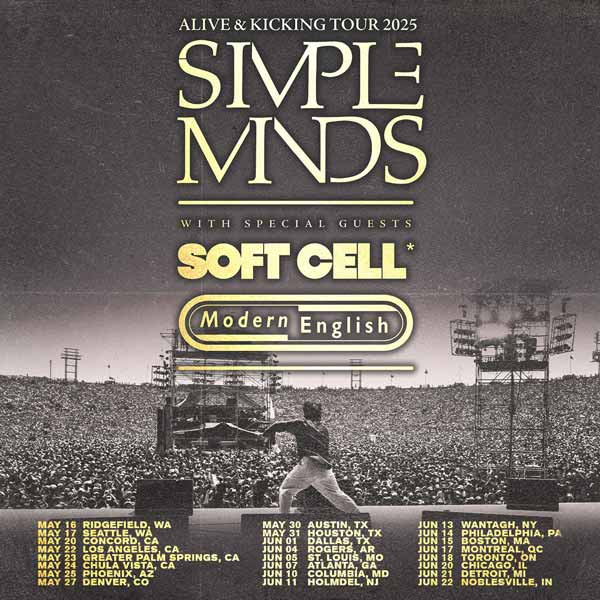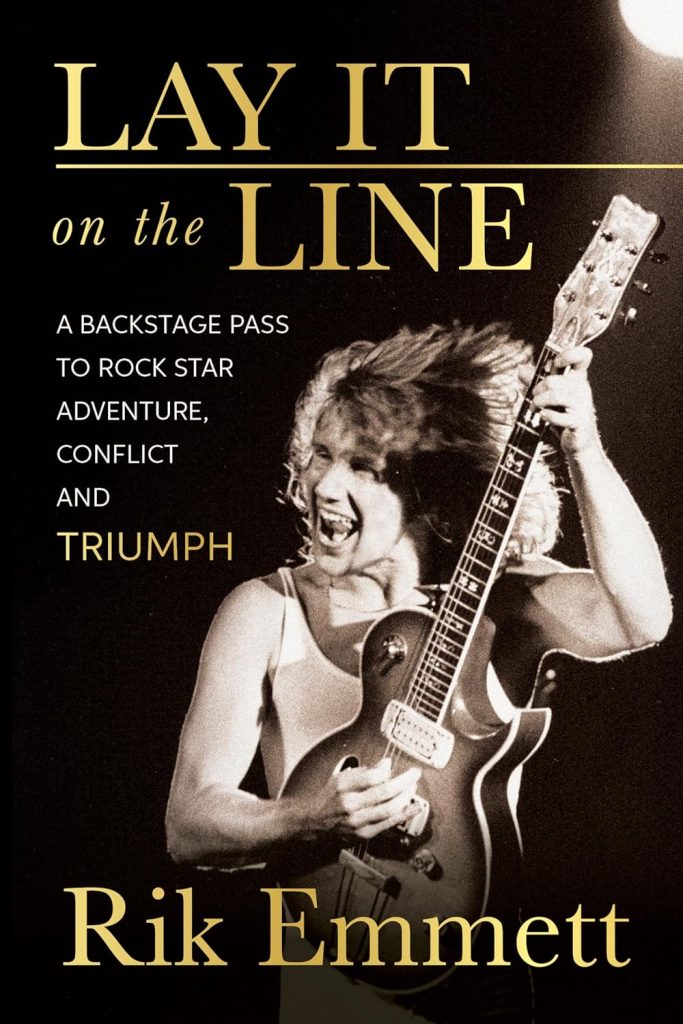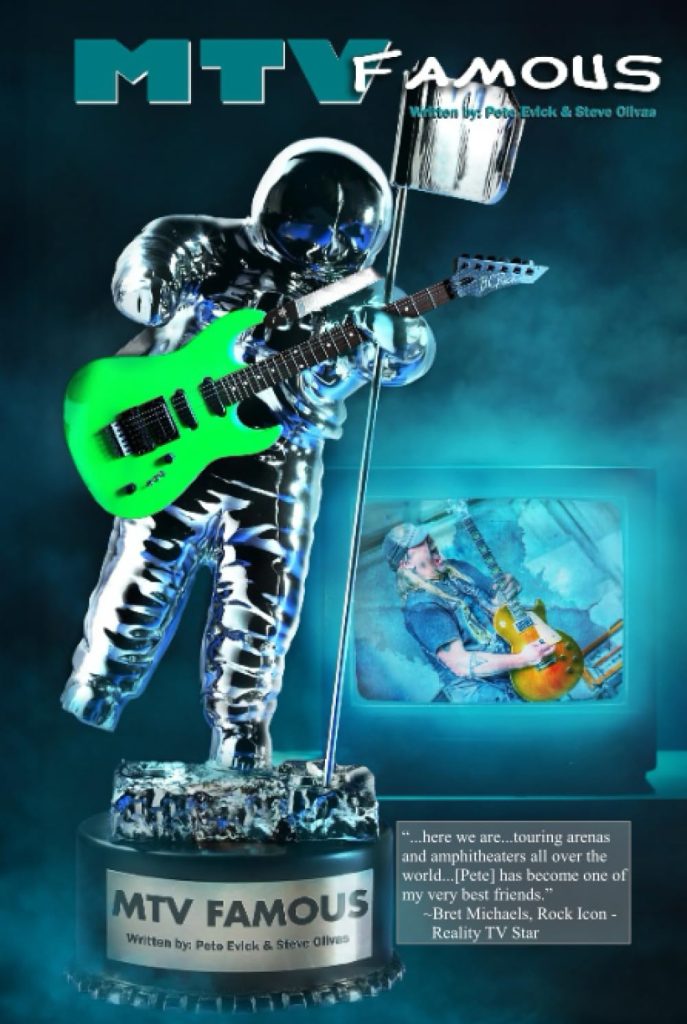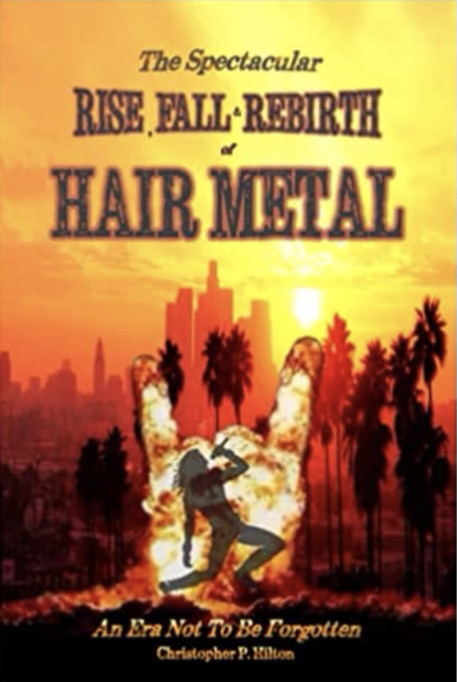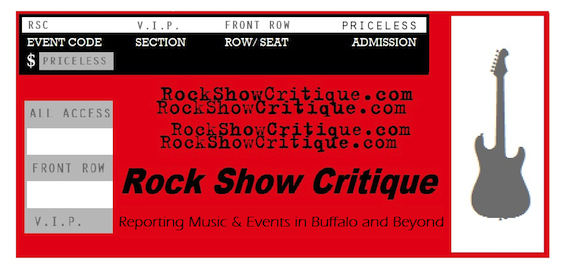 Interview
Interview
Darryl Tonemah
Singer-Songwriter
Interviewed by: Joseph Suto
Darryl Tonemah is a singer/songwriter that is also a successful doctor of Psychology. He will be playing June 29 at The Sportmen’s Tavern. The show is a record release for the band’s new album Red Dirt Remarks. Tonemah’s performances combine the energy of rock, the intelligence of folk, the heart of country a sampling of roots, blues and Americana and always illustrate his well-crafted songwriting and storytelling.
Rock Show Critique: How did you get into the wonderful world of music, and do you have any influences?
Darryl Tonemah: I started paying attention to music when I was living on the Standing Rock Reservation in North Dakota. The only station that came in was KFYR out of Bismarck, and they were about 10 years behind. In the early ’80s, they were playing the singers and songwriters of the early ’70s. It was the only station I got in my bedroom, so you know, I’m just a kid.
And so I would get Springsteen and Paul Simon and James Taylor, this is when all of them were kind of just booming. And then all the Poco, and Nitty Gritty Dirt Band, and all of the Southern California sounds were kind of booming at that time. Well, we’re reaching Standing Rock at that time. And I always thought that was so amazing to hear these people singing together, and creating this music.
And I thought I wanted to give that a shot someday. I actually wrote about it in the song on the new record called Cali ’73. And then I got old enough to get a guitar, and I wanted to see… You know, what it was about. And I was kind of self-taught on guitar, and I realized that I really enjoyed just the idea of expression and creating melody.
There’s really nothing I don’t enjoy about playing music. Getting gigs and all the business stuff is a pain, but I love writing it, and creating melody, and I love studio time, and I love playing for people, so there’s nothing about it that isn’t appealing to me.
RSC: You mentioned the new album. Tell us about it, and also tell us about how you arrived at the title.
DT: When I was writing the record, I had kind of thought I want to get back to the roots I just described. Like kind of the Southern California sound, where there’s a lot of harmony, and acoustic guitar, and now it would be considered country. But at that time was played on pop radio because the Eagles, Poco, Nitty Gritty Dirt Band. That style of music, Jackson Browne.
And so I thought, “I’m going to write a CD like that.” But what I ended up writing was… I felt like I was limiting myself to my own voice. And I thought, “I wonder what would this would sound like in someone else’s voice.” And that freed me up to write it differently. And then I asked my friend, Robert Parker, to to sing on it, and my brother sings on it. And then my friend, Steve… Fuck, I’m blanking on… Steve Turner sings on it.
And Steve’s a country singer, LP is like a soul singer. Robert’s a blues singer, and I sing kind of whatever I sing. And that gave me freedom to write songs in different voices and different styles. They’re kind of rooted in that Southern California sound. And so that was very liberating to be able to do that.
And then getting in the studio, and all of us get around one microphone, and create harmonies. And I wanted something Eagles / Beach Boys, that hadn’t been done on… Way different than anything I’ve ever done. Just to experiment. And the title, Red Dirt Remarks, was kind of rooted where I started writing or thinking of the CD was in Oklahoma. And in Oklahoma they have a style of music called red dirt. Red dirt is a style of music in Oklahoma. It’s very rootsy country.
And one of the songs on there is about my grandparents. When native people in Oklahoma couldn’t… Had the same limitations as African American folks. They couldn’t go in certain stores, they couldn’t drink from certain water fountains, things like that. I couldn’t imagine my grandmother putting up with that. And so I had a song… I wrote a song called Red Dirt Romance on there about them, and their rebellion against that, and Red Dirt Remarks just kinda came out of that because I liked that rootsy sound of it. The rootsy feel of it.
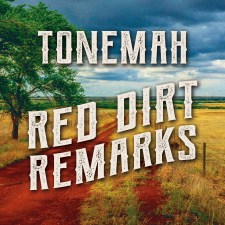
RSC: Now this is a a full band album?
DT: Yes I record the music in Nashville. My last probably six or seven CDs, with the exception of one, I recorded in Nashville, with players down there. And like Vince Gill’s piano player has played on it, on my records. And Van Morrison’s keyboard player and Tim McGraw’s bass player. And they’re all just sitting around like us mowing their lawn and stuff. And my friend knows all of them. He says, “Hey, Ron, want to lay down a track?” And they’ll just come over and lay a track down. Then I did all the vocals for the past couple of records in Buffalo. I did the one for this record at Black Rock Studios, there at Sportsmen’s.
So all the guys came from Oklahoma and Nashville, and Robert and I came over and we recorded the vocals there in Buffalo.
RSC: Okay. So you’ve played the Sportsmen’s quite a few times I’m assuming?
DT: This is my first time playing the Sportsmen actually. I just became friends with Jason over there. And I play out West quite a bit. Because I spend most of my life out West, in the Dakotas, and Oklahoma, and Arizona, and all the festivals and things out West. But since we’ve been here, I focused… After the tornado, I kind of focused on, let me get my family solid again and established, and I’m focusing on day job stuff.
And now that everything’s kind of running smooth again, I thought, “Well I want to get back into music. But I want to get back into music in this area.” And Jay and I talked about it, and he said, “Let’s just do something at Sportsmen, and get it started.” And Sportsmen is an amazing venue. Sonically, it’s an amazing venue. The people who go there to listen to music, they know their stuff. And so you kind of have to have your A game out when you play at Sportsmen.
RSC: How did you get into the acting?
DT: Well the very first one was… Probably 25 years ago, and I was in college and broke, and I was in the union, not the Actor’s Union, a student union. And some guy came up to me and said… Asked me if I had done any acting. And I said, “No.” And he said, “You want to be in a movie?” And I said, “Okay.”
I probably should have checked what kind of movie it was. But I just said, “Okay.” And he said, “Well you have to be like four hours away at 4:00 in the morning.” So I went home and went. I played a Polish soldier, which if you’ve see my picture, I don’t look like a Polish soldier. But that was kind of fun.
And then I was asked other times, and I try to… Whether it’s music, or writing, or acting, or education, I just kind of want to have my yes on the table to something that seems like a positive opportunity. And so I’ve been offered other things, and I just wanted to give it a shot. And probably the the one that’s been most, I don’t want to say rewarding, but maybe that might be the word. Was… I played a chief, a contemporary chief for like, well the 1970s, 1980s, for the Cherokee tribe. And the movie is called the Cherokee Word For Water.
And that one kind of told a story that needed to be told. And that was a very positive experience. And then I have done some TV work. So if things like that come along, I think, “Well will take me away from my family for too long? Will be a positive experience? What can I gain from this experience?” And then we’ll say yes to it.
RSC: You’re also a doctor of psychology?
DT: Yes, I have a PhD in counseling psychology and cultural studies. And that that was born when I was on Standing Rock in North Dakota as well. But there was a lot of… A lot of tough things that I grew up around. And I remember having a conversation with my father about what can I do to help, how can I be useful? And it ended up being psychology.
So I kind of made that decision when I was about probably 13, 14 years old, and went to college in South Dakota, and then University of Oklahoma, and University of Nebraska. And I did my internship in Phoenix, and now I do a tele-psychology to reservations. To remote reservations to kinda increase access to care to very remote places.
Well it seems like you wore a lot of different hats and done a lot of different things, but do you have any other aspirations that you haven’t gotten a chance to try yet that you hoped for?
Yes. ADHD has its benefits. I love playing music and I love writing music. And I’m already working on the next CD. I want to challenge myself musically and lyrically. I want to tell different stories now because I kind of… Red Dirt is kind of a departure of writing wise, and I kind of want to see where that rabbit hole goes, and keep writing… Not so much my story, but the stories of people around me. Almost to educate or create awareness, but in very subtle ways through music, through creating records. Here’s what life is like here.
And there’s some vast differences, but there’s also many similarities, and I want to kind of see what that looks like musically. And I am also very interested in writing. I wrote a small book. I speak a lot at graduations and they always ask me if I had a book. So I had a leadership book. So I wrote a small book called Spray Your Swamp Cooler. There’s a book on psychology and trauma that I’d like to work on, and there’s probably a novel, and a screenplay, or a script that I’d like to write. Just to keep busy. Otherwise I’m gonna sit around and watch Netflix all day long.
RSC: Well it sounds like you definitely got a lot on your plate there. The way you are going through a lot of stuff lately with this new album, starting another one. Now, do you have a tour set up for this new album release? Or just kind of playing like wherever you can at the moment, to get the album out there to people?
DT: A little bit of both. I’m playing several shows in our area here this summer. And then I developed a tour called Native Voices, which the idea for Native Voices is to do concerts in the round with two or three other native artists. To kind of get exposure for everyone, and share those stories and the songs. So we’ll be doing that in the Dakotas. We’re going to go to Oklahoma, New Mexico, back to Arizona and probably California, just to create a community of people playing. Native voices playing for people, and people kind of hearing the stories. I like that idea of creating that community.
RSC: Okay. Well before I let you go, is there anything else you’d like to add?
DT: Just that my approach to shows is I try to create something when I play a show. And this word community keeps popping up. But I try to create a sense of community. When you get X amount of people in a room, you create something unique, and special that really can’t be duplicated. And so, and I encourage people to come to shows, and just engage, and just be part of it. And I try to make them fun and thoughtful. I really do put a lot of thought into how to approach it. Even the song list, and which song should go where, and what dynamic we put in this song. Will this affect the dynamic? There’s a lot of thought goes into it, and I want people just coming, and engage in that.
Special thanks to John Lappen for setting up the interview
